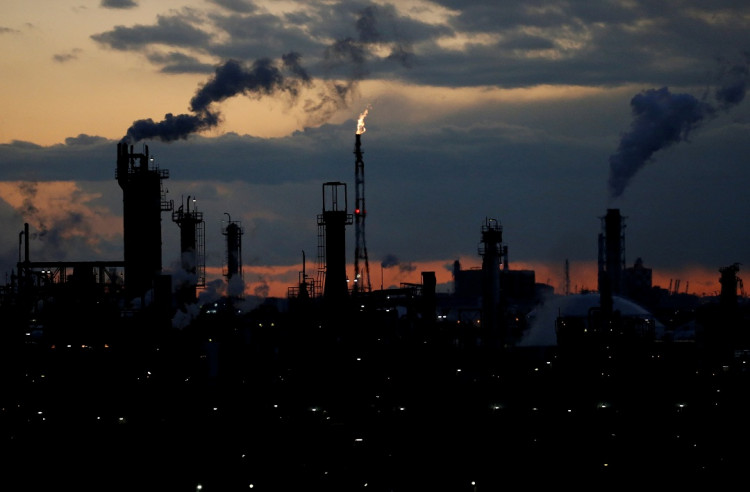China has always played a vital role in helping Japan achieve its economic rebirth. Most companies in the country earn close to half of their revenue from their exports to China. With China now experiencing a slumping economic growth rate, Japan is also now struggling. Various Japanese companies are now reporting lower export numbers, resulting in massive cuts in profit forecasts. Other companies are even now considering idling unproductive factories to cut their overhead costs.
Japanese exports to China slowed down in November and December of last year. The country's continually decreasing domestic spending and its aging society have also not helped in the matter. All of these problems are now heavily placing a renewed focus on the country's current administration, led by Prime Minister Shinzo Abe, which previously launched an economic program called "Abenomics." The country's economic struggles now put an added pressure on the prime minister as he prepares for Japan's upcoming national elections happening this summer.
With the economy now on the brink of a massive decline, Abe's political opponents are lying in wait to see what the prime minister's next moves will be to fix the country's economic woes. Yuichiro Tamaki, one of Abe's political opposition under the Democratic Party for the People, has even used Abe's shortcomings as part of his campaign. Yuichiro had previously been quoted as saying the Abe's Abenomics program is simply not enough to solve the country's problems.
Abe's administration, however, is still somewhat optimistic that their strategy is still working and that the country's economy is still on track. According to chief cabinet secretary Yoshihide Suga, the economy is still recovering and there is still a good amount of growth in consumer spending and capital investment. Despite its optimism, the government still acknowledges that the current economic expansion may not last very long. Last month, Japan downgraded its economic assessment for the first time in three years, stating that China's economic slowdown was a major factor.
The current trade tensions between the United States and China has also not helped in the matter as fears of tariffs on Chinese exports have directly affected Japanese firms with operations based in the country. Multiple companies in different industries, such as consumer electronics and automotive manufacturing, have suffered under the sudden shift in the Chinese market. Most have struggled to manage their investor's expectations given the current economic situation.
Given that Japan currently has the highest level of debt compared to other industrialized countries, Abe's administration will have a hard time getting more money for spending to help curb the slowdown. Economists think that the only option now would be to increase taxes, but this option may do even more damage to both the economy and to Abe's chances in the next elections.






